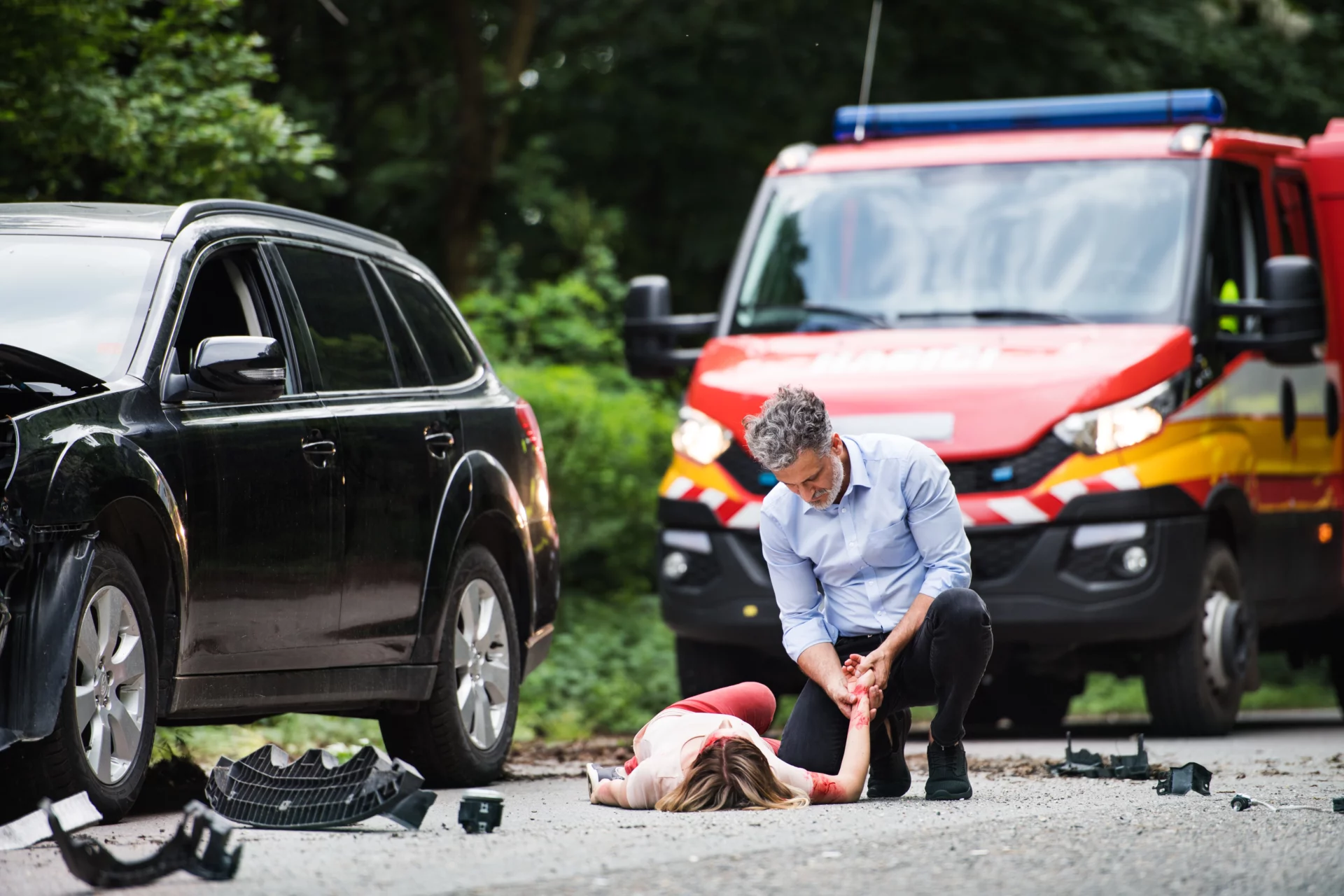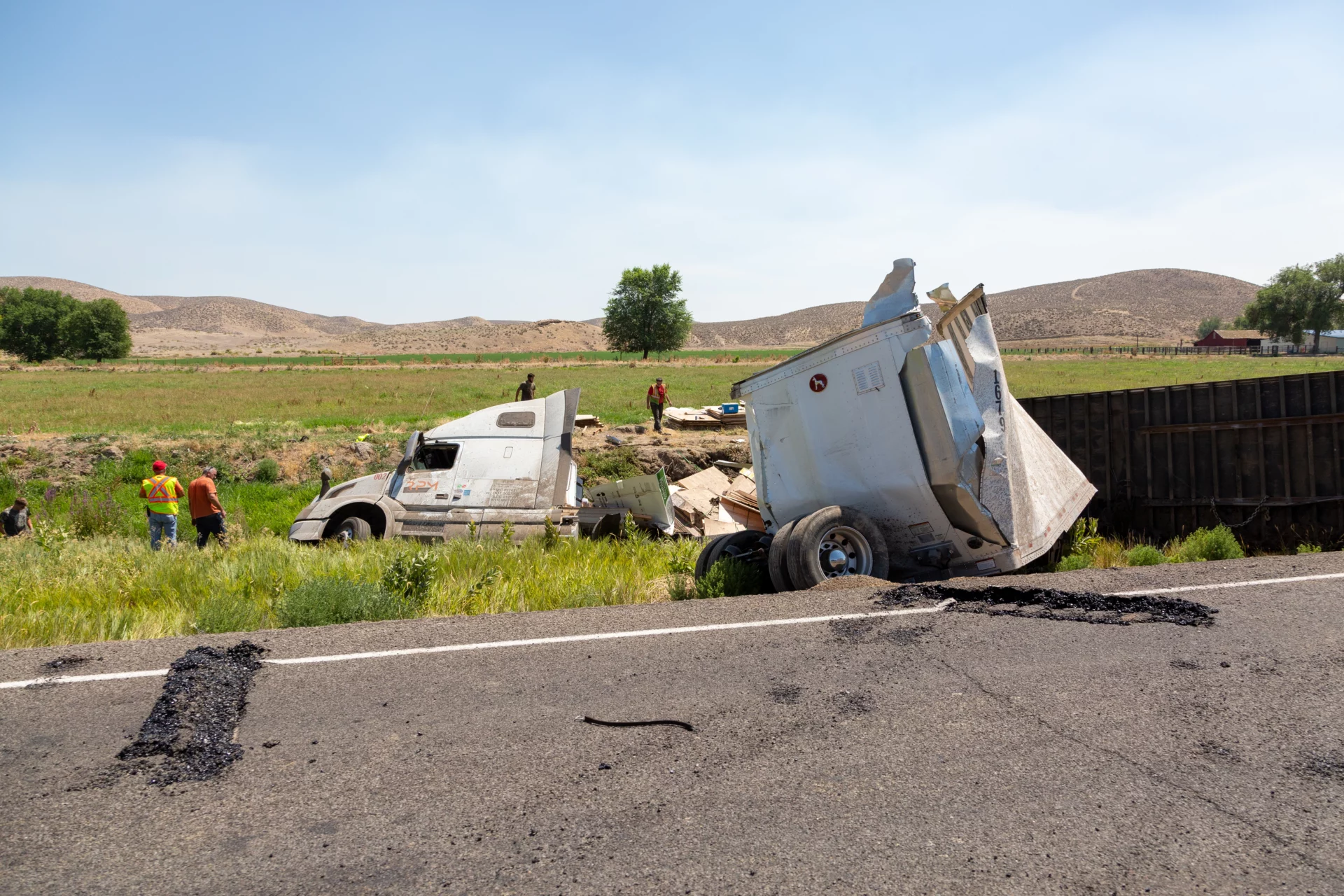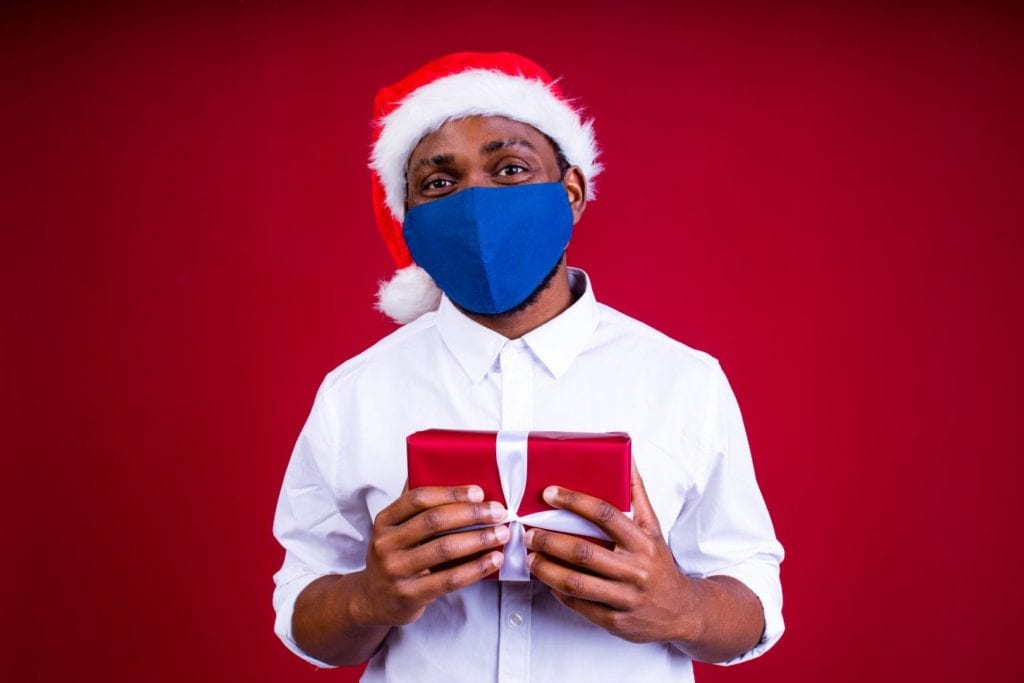
When the coronavirus pandemic first hit our nation last March, most people took the resulting lockdown very seriously. Schools, offices, and restaurants shut down. Roadways were only used for emergency traffic, and only essential businesses remained open. Even Times Square, New York City became a ghost town. Back then, the pandemic was a “brave new world.” We had no idea what to expect, or how easily we could contract the virus from groceries, our Amazon deliveries, or even the outdoor air.
But as time passed, we grew accustomed to living in a world with a highly-contagious, sometimes deadly virus. Wearing masks became commonplace and shaking hands an antiquated practice. Schools, offices, and restaurants reopened, and people began to slowly re-enter the world, albeit a little more cautiously.
In March, we had no idea what to expect. The virus was new. Today, we’ve been living with this new normal for more than nine months, and it’s becoming less and less “new” every day. But as we enter what is normally deemed flu-season, the spread of COVID-19 is ramping up once again. Doctors, scientists, and politicians are urging us to stay home, stop attending gatherings, and avoid all but essential travel. But the psychology is different this time around. People are tired of adjusting their lives to accommodate this unwelcomed virus.
And now, to make the situation even more complicated, it’s the holidays!
Pandemic-Related Travel Tips
The holidays are traditionally spent with friends and family, and gatherings are a favorite part of the season. Most Americans understand that big holiday parties this season cannot happen, but spending the holidays in total isolation is another story.
Despite the Center for Disease Control and Prevention’s (CDC’s) advice to stay home this holiday season, millions of Americans will be traveling to visit friends and family. Instead of putting our heads in the sand, we’ve decided to offer some tips on how to travel comfortably, and safely. (A few of these tips might even save you some money!)
Local and Destination Infection Rates
With COVID-19 rates reaching new highs all over the United States, it’s a good idea to know your local infection rate. If your area has a high incidence of new cases, you may be required to quarantine when you arrive at your destination. You also have a much higher likelihood of infecting the people you are visiting. To reduce or eliminate the risk of infecting your loved ones, and to shorten potential quarantine requirements, consider getting a test before leaving your area, or upon arrival.
It’s also a good idea to know the infection rate at your destination. If high, your chance of contracting the virus is significantly greater. To check an area’s COVID-19 positivity rate, check out this color-coded website from the Brown School of Public Health.
Health Check
And before you set off, consider your health, as well as the health of your host and anyone who will be present during your visit. If any of you are in a high-risk group, such as older adults, those with Type 2 diabetes, cancer, heart problems, or kidney disease, it may be best to avoid travel, until a vaccine is being readily distributed. According to the CDC, people in these high-risk categories are more likely to require hospitalization if they contract COVID-19.
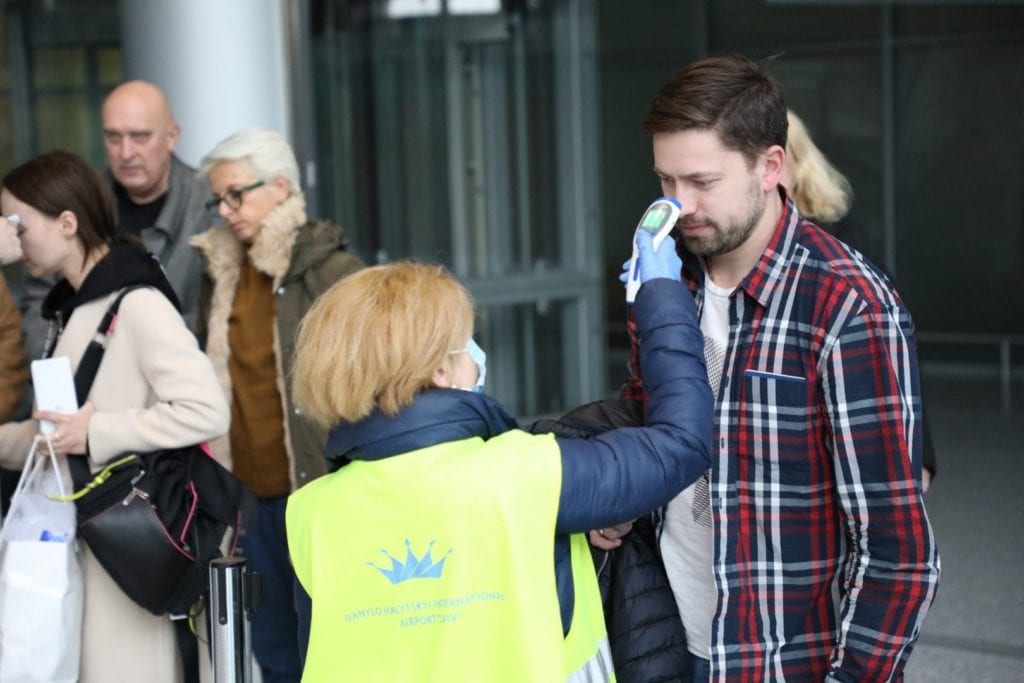
How to Travel Safe if You’re Flying
Although numbers will almost certainly be down this year due to COVID-19, the holiday season is expected to be the busiest travel time for airlines since before the pandemic.
It also means that the cost of flights, which normally skyrocket around the holiday season, are likely to be much less expensive, even for last minute bookings. According to Josh Earnest, a spokesman for United Airlines, customers are booking much closer to travel dates. “People are reluctant to make long term plans because the situation is changing. We’re realizing far below the level of travel we saw for the 2019 holiday,” said Earnest.
People are holding off for good reason; as coronavirus cases increase, the uncertainty of upcoming travel restrictions and overall safety does, as well. Many airlines and travel websites offer “free cancelation” filters, allowing potential travelers to book tickets now, but cancel them at no charge if things take a turn for the worst.
New Jersey and New York have strict quarantine requirements for out-of-state travelers, but rapid result COVID-19 tests can provide some wiggle room. At Newark Airport, for example, travelers can take a rapid test and receive results in a matter of minutes. Although TSA is prepared to administer these on-site tests in mass this holiday season, they are unsure of how many tests are needed. According to Lisa Farbstein, a spokeswoman for TSA, there are still too many variables at play.
“We’re seeing people booking in the last minute, others rebooking because airlines are allowing re-bookings at no extra cost, an increase in coronavirus cases; and restrictions for travel to different states,” said Farbstein. “These sorts of fluctuations don’t lend themselves to forecasting.”
Flying Safety Tips
In addition to taking an on-site COVID-19 test, the following tips can help you dramatically reduce your risk of contracting or spreading the virus if flying this holiday season.
- Wear an approved face covering at all times. Although travelers are typically permitted to their mask while eating or drinking, refrain from eating or drinking on the plane, if possible.
- Maintain a distance of at least six feet from other travelers when in airport terminals.
- Limit layovers and connecting flights whenever possible.
- Book a window seat. “If you consider the six-foot radius circle around you, having a wall on one side would directly reduce in half the number of people you are exposed to during the flight, not to mention all the people going up and down the aisle,” explained Kacey Ernst and Paloma Beamer, two University of Arizona scientists, on their TED Ideas blog.
- Research your airline’s seating policies. Some are spacing passengers by not booking middle seats, limiting flight capacity, and keeping certain rows empty. However, this is not always the case. If the airline you will be traveling on does not block middle seats, consider booking the middle seat next to you, if tickets are cheap.
- Travel with your own supply of hand sanitizer and sanitizing wipes (TSA has increased the amount of hand sanitizer passengers can carry onto flights).
- When going through security, avoid touching bins as much as possible by wearing gloves or placing everything in one bin. As soon as you are through security, use hand sanitizer.
- Disinfect all possible touch points when seated on the plane. “Disinfect surfaces such as your seat and seat belt and your personal belongings (like your passport),” recommend Ernst and Beamer. “If you cannot find hand wipes, bring a small washcloth soaked in a bleach solution in a zip-lock bag. This will probably freak out airport security less than carrying a personal spray bottle, and viruses are not likely to grow on a cloth with a bleach solution.”
- Avoid using the bathroom on the plane if possible, but if you must, do not touch your face while in the bathroom, wash your hands thoroughly when finished, use a cloth napkin or other barrier to open the door, and use hand sanitizer when you get back to your seat.
- If possible, remain seated for the entire flight. If the virus is circulating on the plane, you will limit your exposure to it by remaining in one place.
A recent study conducted by the U.S. Department of Defense discovered that, due to the way that airplane cabin air is filtered and circulated, viruses actually don’t spread very easily on flights. Even so, flying on a plane with an infected passenger or passengers greatly increases your risk of contracting the virus. To dramatically reduce this risk and keep yourself—and your family and friends—safe this holiday season, follow the advice above.
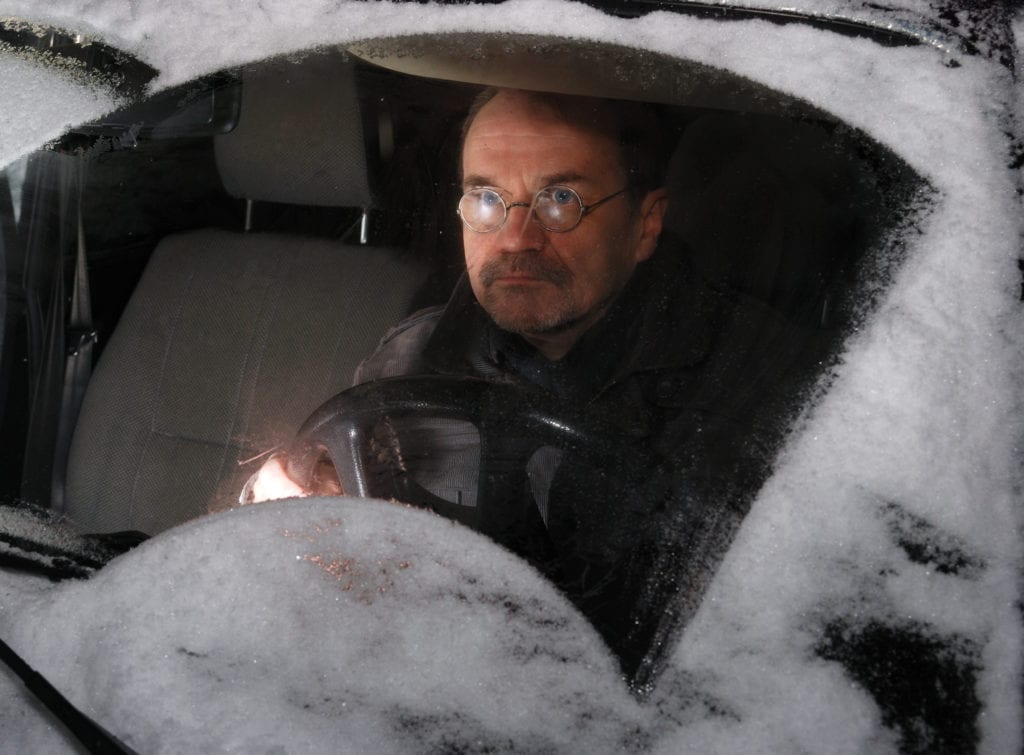
How to Travel Safely if You’re Driving
If your destination is within driving distance, taking to the open road is probably your best bet. According to experts, driving is safer than flying when it comes to avoiding viruses, including COVID-19.
Driving limits your exposure to other people. This is true whether you drive your own car or rent a vehicle. However, if you choose to rent a vehicle, use sanitizing wipes to thoroughly wipe down all touch points, including inside/outside handles, steering wheel, gear shift, stereo, temperature controls, navigation, seat belts, dash, glove compartment, and cupholders. Also, open windows and doors and allow the vehicle to air out for at least a few minutes before embarking on your trip.
If you are planning to spend a night in a hotel or Airbnb to break up your trip, or you are spending the holidays in one of these rented accommodations, be selective about where you stay. Review the hotel or Airbnb cleaning policies. Some accommodations are “buffering” rooms, which means leaving a space of one or two days between guests. And even if the place looks spotless upon arrival, use sanitizing wipes to thoroughly disinfect all touch points, such as doorknobs, light switches, faucet handles, and remote controls. Also wash dishes before using.
According to Matthew Grant, MD, an infectious diseases specialist at Yale, it’s best to bring your own food for the trip or order take-out, instead of eating at restaurants. “Getting takeout or cooking your own food while traveling is safest,” says Grant. The next best option is eating at outdoor restaurants, but this is becoming less feasible as temperatures drop.
Coronavirus is Still a REAL Threat
The weather and seasons may be changing but coronavirus is still a very real threat. In fact, COVID-19 cases are rising rapidly in New Jersey and New York, with NY hospitalizations jumping 120 percent in only three weeks. Today, NY Gov. Andrew Cuomo is urging people to be cautious this holiday season, warning that hospitalizations will top 6,000 in the next three weeks if we don’t curb the spread. On Sunday, at least 33 New Yorkers died of coronavirus.
Cancel Travel Plans if Necessary
It is in your best interest to book lodging, flights, rental cars, and activities that can be canceled. Be willing to reevaluate and cancel plans, even if you lose some money in the process. Nobody wants to forfeit a fun trip or pay cancellation fees, but health and safety are far more important than money.

How to Protect Yourself at Home this Winter
Even if you’ve decided to stay home this holiday season, there are certain precautions you should take to reduce your risk of getting sick or infecting others.
• Eat a healthy diet and drink lots of water.
• Exercise, and get plenty of fresh air.
• Get a flu vaccine.
• Always wear a mask when out in public, and around family members who are sick.
• Wash your hands frequently.
• Regularly clean and disinfect household surfaces.
• Use hand sanitizer after visiting a public place (grocery store, gas station, shopping mall, school), or another person’s home.
• Wear gloves when pumping gas.
• Keep at least six feet from people other than those with whom you live.
• Avoid all but necessary travel.
• Limit shopping and other outings to no more than once per week.
• Work remotely if possible.
• Do not go to work if you are exhibiting flu or cold symptoms
• Call your doctor if you become ill.
There’s More to Safety Than Protecting Against COVID-19
With all this talk about pandemic safety, it’s important to remember that COVID-19 isn’t the only threat to our health and safety during the holiday season. Unfortunately, the risk of accidental injury and death rises during this festive, joyous time of year.
With people traveling to visit friends and family, there are more cars on the road and an uptick in motor vehicle accidents. Even though social distancing guidelines advise against attending or hosting holiday gatherings this Christmas, some people are bound to ignore this advice. With alcohol being on the menu of most holiday gatherings, the risk of being seriously injured or killed by a drunk driver also increases during the holidays. Read on for more information about non-pandemic-related risks during the holiday season, and how to avoid them.
- Drinking and driving. The holidays are a time of joy and celebration, but too much joy and celebration can be deadly if you decide to drink and drive. According to the U.S. National Institute on Alcohol Abuse and Alcoholism, drunk driving is involved in a whopping 40 percent of holiday traffic deaths.
- Texting and driving. According to the National Highway Traffic Safety Administration (NHTSA), distracted driving contributes to more than nine percent of all fatal accidents each year. In the United States, more than 2,800 people lost their lives due to distracted driving in 2018 alone. And distracted driving increases during the busy holiday season. With more cars on the road, more drunk drivers, and more distractions, it’s important to always pay attention when you’re behind the wheel; drive defensively, wear your seat belt, obey the speed limit, and keep plenty of distance between your vehicle and the one ahead of you.
- Dangerous toys. According to the U.S. Consumer Product Safety Commission (CPSC), more than 162,000 children were treated in the emergency department for toy-related injuries in 2019, and 14 children died. The majority of the deaths were due to choking on small parts, such as small toy balls. Although annual toy recalls continue to decline, there has been nine toy recalls so far in 2020. Dangerous defects include choking hazards, laceration hazards, toxicity, and the risk of entrapment or strangulation.
- Poisoning from toxic plants. Keep mistletoe and other potentially harmful plants away from young children, who can be poisoned if they ingest the toxic berries.
- Choking. During the holidays, our homes are often filled with things that aren’t ordinarily present, such as decorations, festive foods, candy, and toys. Unfortunately, many of these tempting objects pose a choking risk for small children. Toys with small parts, deflated balloons, magnets, Christmas tree decorations, and foods such as popcorn and hard candies present a serious risk. According to Sharon Rengers, R.N. and manager of Norton Children’s Prevention & Wellness, it is important to know what to do if a child begins choking. “If the brain goes without oxygen for more than four minutes, brain damage or death can occur,” said Norton. Here is a step-by-step guide for what you should do if a child is choking.
- Decorating injuries and falls. Every day during the holiday season, about 200 people suffer decorating-related injuries. Most of these are due to falls. During 2018, approximately 17,500 people went to the emergency room for injuries related to holiday decorating.
- Fires. According to Electrical Safety Foundation International (ESFI), fires caused by Christmas trees and holiday decorations result in five times more fatalities per fire than other holiday fires. On average, Christmas tree fires result in 24 injuries and 12 deaths every year. Another 150 fires are caused by holiday lights, and candles start 45 percent of all annual fires related to home decorations. There are more candle fires on Christmas, Christmas Eve, and New Year’s Day than any other days of the year.
- Shopping mall hazards. With an influx of shoppers in malls and other retail stores during the holiday season, the risk of accidental injury increases. This is especially true in cold-climate states, such as New York and New Jersey, where slip and fall accidents on store walkways and in parking lots spike due to icy or snowy conditions during the winter. There is also an increased risk of thieves during the Christmas shopping rush. To reduce your risk of being a target, avoid wearing expensive or flashy jewelry, do not carry large amounts of cash, pay with a credit card or check, avoid shopping at night when possible, and always remain alert.
- Stress and depression. The holidays typically see a spike in depression and other mood disorders. For many, stress and/or depression comes from the increased demands this time of year, in addition to decreased daylight hours, and the financial stresses of buying Christmas presents for loved ones. For those who are alone during the holidays, loneliness and sadness can also lead to depression. This is particularly true in 2020, with millions of people planning to spend Christmas alone due to the pandemic. If you are struggling with stress, anxiety, or depression, there is no shame in admitting that you need help. Reach out to a friend or family member, find a therapist, or seek out a local support group, or religious community. You may even be able to get the help you need from the comfort of home, now that so many therapists, community programs, and religious centers have moved their services online. You are not alone.
Be Safe While Traveling this Holiday Season
Whether you get together with your family over Zoom or fly across the country this holiday season, there are steps you can take to reduce your risk of getting or spreading coronavirus, the flu, and other illnesses. You can also protect yourself from serious injury or death in non-pandemic related accidents by following the tips above.
There’s no denying this year has been a tough one, but with a vaccine on the horizon, 2021 holds a lot of promise. Let’s stay safe and healthy so that we can ring in the new year right!
Happy Holidays from all of us at Kreizer Law.







